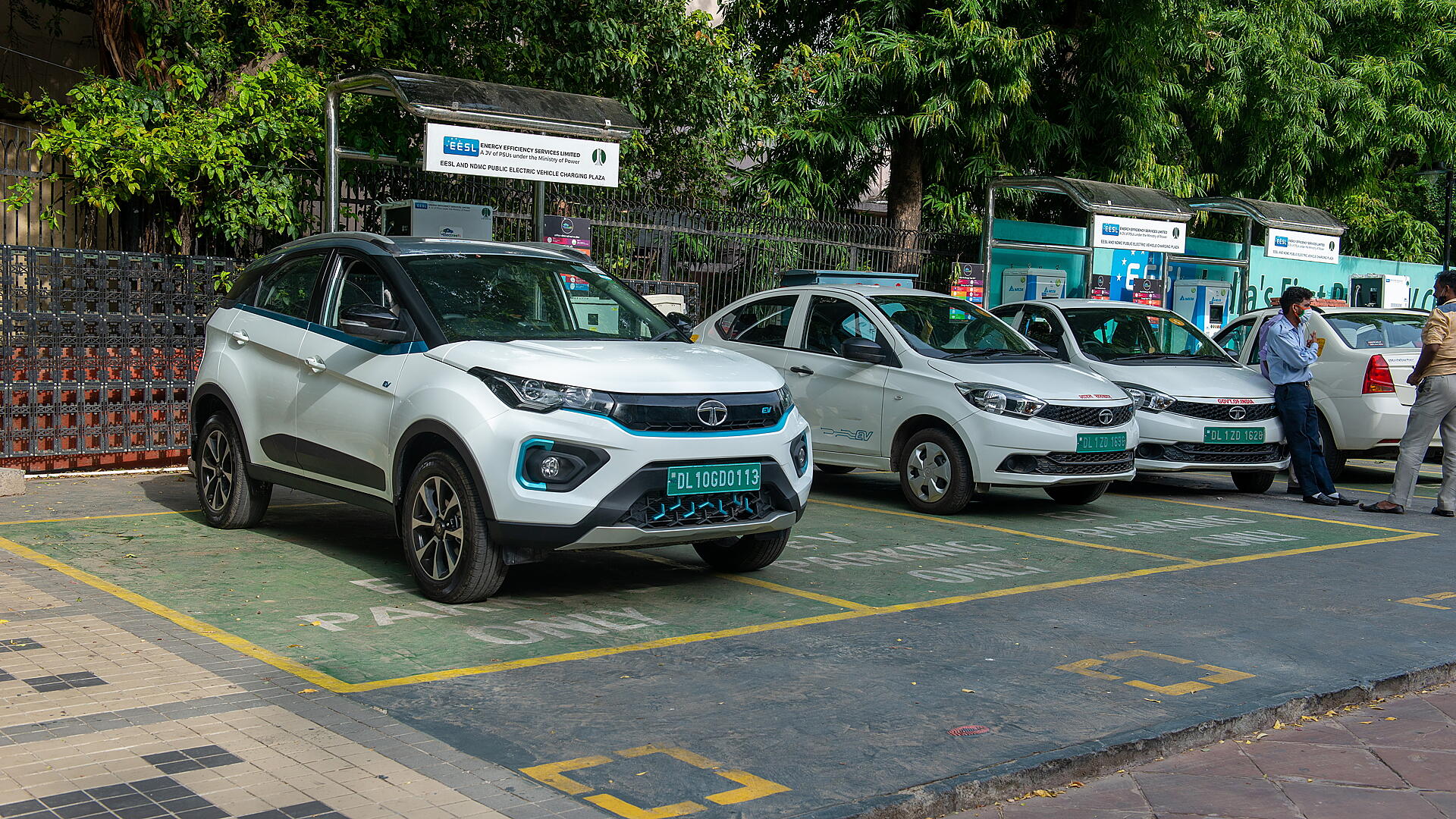
Aiming to benefit from being one of the first movers toward adopting EVs into b2b fleet space, the 21-year-old Indian car rental company, Carzonrent, plans to replace its entire ICE fleet with EVs within FY23 under its sub-brand, Plug Mobility.
Speaking to Mobility Outlook, Rajiv K Vij, Founder, Plug Mobility, noted that this move will enable the company and the driver-partners to increase their revenue by 20-30% and help the clients save CO2 emissions.
The company plans to provide its clients with a monthly certificate of how much they have saved CO2 emissions. “This will assist companies in meeting their CO2 emission targets as well as their own ESG targets, which all corporations are now highly committed to meeting,” Vij added.
Furthermore, the founder also pointed out that, without paying an extra fee, the clients will also get newer vehicles that are silent and smooth and more technologically advanced than the existing ICE vehicle they use.
Incorporated in October 2021, the company began pilot initiatives to integrate EVs into its fleets in April 2022, with an investment of roughly $2 million.
“We have now installed charging stations at our offices in Delhi, Bangalore, and Hyderabad, as well as inducted a few cars in some of the big cities with which we have been conducting pilots for the past several months,” he said.
With some of the fleets that the company has enrolled, it has completed approximately 2,000 odd transactions for various customers, Vij added.
He confirmed that the company plans for phased wise expansion of operations both in terms of adding EVs and expanding its services. In the first phase spanning across nine months, it intends to target nine major cities, including Delhi, Mumbai, Bangalore, Chennai, Hyderabad, Pune, Calcutta and Ahmedabad.
From November onwards, Vij confirmed that the company will eventually expand with the EVs into another 70 cities, including Tier-2 and Tier-3 cities.
On adding EVs, he noted that a total of around 2,600 EVs are planned to be inducted in both the phases, while it also plans to add another 2,500 e4Ws in some more locations, taking the total number to 5,100 EVs by March 23.
With the pilot project, the company is using Tata EVs. In the future, it plans to add products from MG and BYD. Vij stated that with the Tata EVs, it plans to target customers looking at intracity travel as the range offered by these vehicles is around 200km.
While for the intra-city travel customers, the company has gone for the MG ZS EV and the BYD E6 as these products come with an expected range of 400-500 kms.
In addition, through the partnership with the manufacturers, the company has also created some technology tools required for operating EV fleets, including tools integrated into the vehicles to access data like the battery performance, the battery range, and when the battery needs any maintenance support among others.
Furthermore, in terms of charging infrastructure, the founder confirmed that the company has partnered with the Finnish charging infrastructure company, Fortum.
He added that with this partnership, the company can access Fortum’s charging network across Delhi, Mumbai, Bangalore, Chennai, Hyderabad, and Pune, among others.
The company will benefit from 3,200 charging stations installed pan India by Fortum in the next couple of years, particularly for plug mobility.
Alongside, it has also confirmed talks with other charging infrastructure companies to expand its charging network. This will help the customers and the driver-partners adapt to the EV ecosystem and help them reduce the range anxiety, Vij added.
Aiding Driver Partners
In terms of helping the driver-partners, he said that the company has tied up with various financial institutions, including IDFC, State Bank of India and PNB, and FinTech entity Indifi. Moreover, the company has also partnered with Sriram Automall. Vij noted that many drivers are currently using ICE vehicles that are merely three years old. With this partnership, the company aims to assist them in selling those cars so that the drivers can purchase electric vehicles.
Additionally, he also added that through the partnership with the EV manufacturers, the drivers can get some discounts on the new vehicles.
Although these discounts are not much due to the current supply crunch, the founder added that as the supply issue is resolved, these driver-partners will be able to get good discounts.
Besides assisting them in financial matters, the company has also taken a step to educate these driver-partners on EVs. Vij pointed out that people have many apprehensions about the EVs, including battery range, on the residual value, reselling price, and the price of energy, among others.
To address these issues, the company is setting up weekly EV camps in every city where it operates. “Here, we invite the OEMs to bring their vehicles, and we invite all our driver vendor partners to look at and drive those vehicles, ask all the questions to them,” the founder added.
Future Plans
Defining the year as the year for transition for the company, the founder confirmed that by FY23, it plans to invest around $10 million.
These funds will be utilised in three areas: building technology tools for EV operations, acquiring more customers, and taking the initiative to support driver-partners to help them transition from ICE to EVs effortlessly.
Further, he also added that the company, in this financial year, would not only target to expand its customer base in the current geography that it operates in but also look at adding new markets. The company intends to emerge as one of the leading players in the industry within the next couple of years, Vij concluded.
NB: Photo is representational.